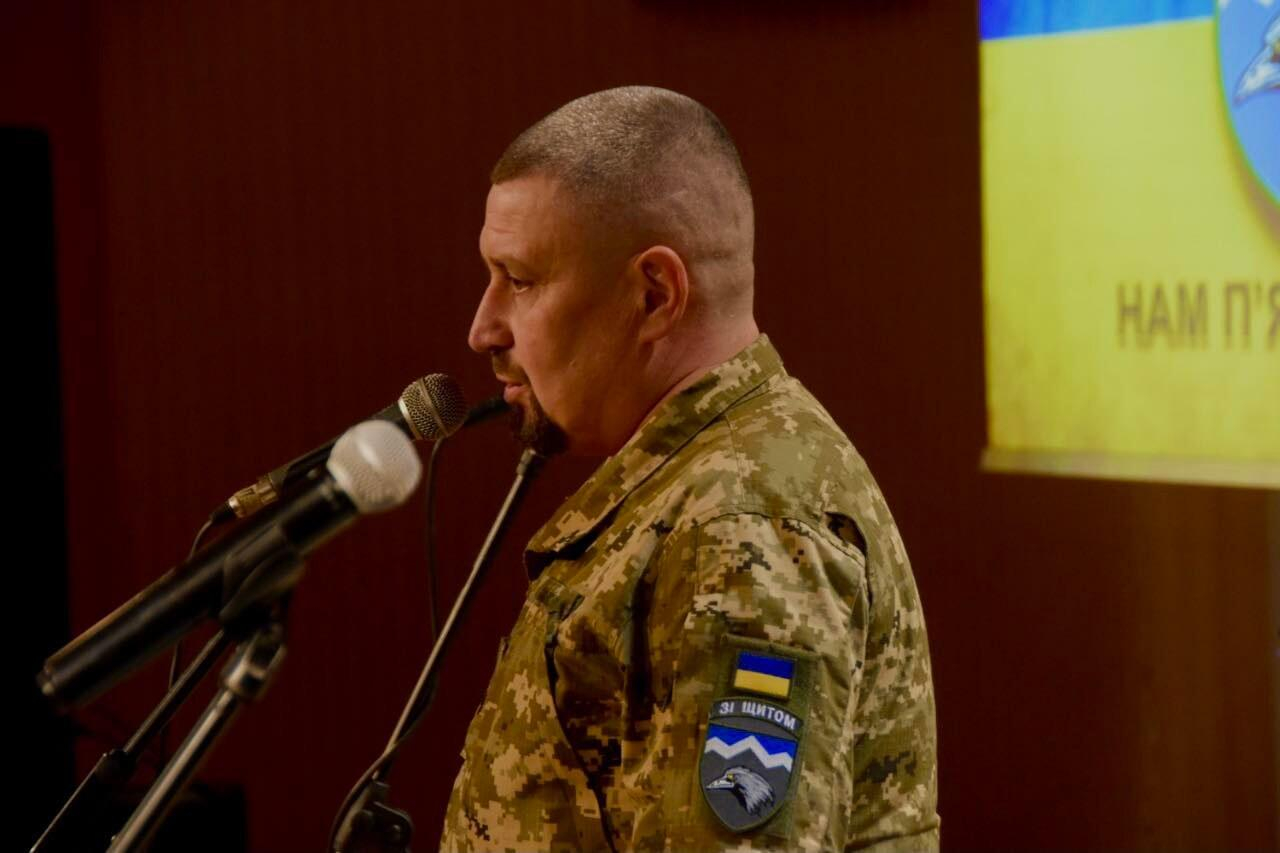The issue of compulsory basic military training (BMT).
There is one thing in the current law on mobilization, which has been discussed from all sides, that has not yet been addressed. And it's a pity, because once it comes to implementation, it could turn into a giant problem.
What are we talking about and what are the norms regarding the mandatory basic military training (BMT) or military service for public servants? In particular, civil servants, local government officials and prosecutors.
What the law says: first, that men under the age of 60 who have not completed the CPE or military service will not be able to enter the civil service and local government for the first time. Secondly, only those who have undergone the CPE or military service can become a prosecutor of a district or regional prosecutor's office, the Prosecutor General's Office or the Specialized Anti-Corruption Prosecutor's Office. This provision applies in particular to women (!) who want to start working in the prosecution service.
The transitional provisions of the law on mobilization stipulate that the Compulsory Conscription Service will begin on September 1, 2025. In particular, for those who plan to become a civil servant, go to work in local government or the prosecutor's office.
This raises a rhetorical question: "How does the completion of the CPE or basic military service affect the performance of civil servants' duties?"
So, if the CET does have such a positive impact, why is this provision for civil service and local self-government only for men under 60? The basic principle of equal access to public service is violated. We also prohibit discrimination and enshrine the principle of no unreasonable restrictions or unjustified preferences for certain categories of citizens when entering the civil service.
And here, the most interesting thing is that people who want to enter the civil service for the first time will subsequently be overwhelmingly booked. After all, reservations are given to persons liable for military service from prosecutor's offices, civil servants of category A and half of categories B and C, as well as local government employees.
Therefore, having outlined the brief context of the provisions in the new mobilization law, a number of questions arise: "So where is the logic? How will these contradictory norms help the mobilization potential? And it's worth reminding that the BZVP is not a free thing. So is it reasonable to throw taxpayers' money around once again?" "Hardly.
Therefore, I believe it is necessary to propose that the rule requiring the pre-certification for entering the public service should be revised at least to honestly answer all the rhetorical questions it raises. Otherwise, we will face a waste of money, a deepening of the staffing crisis in the civil service and local governments (which already have huge problems with this), and, in addition, reputational losses for the state as a whole.
Thus, we see that the amendments adopted not only to the current law are adopted taking into account changes in the requirements of the time and the imposed martial law in Ukraine, but also in relation to business activities in accordance with the fact that a legal analysis of the situation, analysis of documents and verification of documents by a lawyer and a legal opinion and written advice were conducted.

































